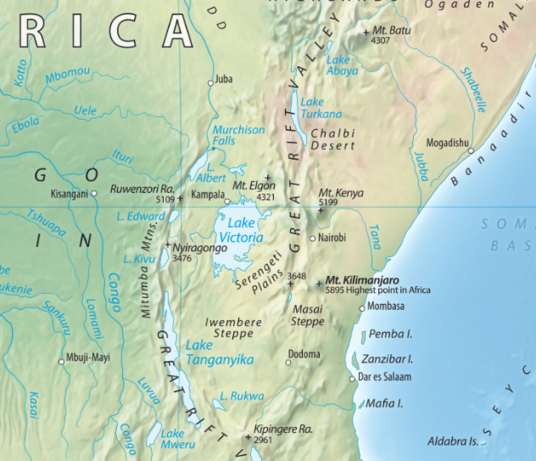
P141_Namibia
Fungal diversity of processed staple cereals from rural subsistence farming communities in Namibia
Cooperating countries: Namibia and Austria
Coordinating institution: University of Namibia, Jane Misihairabgwi, jmisihairabgwi@unam.na
Partner institution: Medical University of Graz
Project duration: 1 August 2024 - 31 July 2026
Budget: EUR 19.948
Abstract:
Sorghum (Sorghum bicolor) and pearl millet (Pennisetum glaucum) are crucial cereal staple foods in rural subsistence farming households in northern Namibia. With limited dietary diversity, the cereals are processed in various ways, including malting, and used to prepare traditional gruels, porridges and fermented beverages. Fungal infestation of these cereals, attributed mainly to conducive subtropical climatic conditions and poor pre- and postharvest agricultural practices, poses public health concern. Exposure to mycotoxins, which are secondary fungal metabolites may lead to cancer, immune system suppression, and impaired child growth. Understanding the fungal diversity of the processed cereals is imperative, to prevent food loss through developing processing strategies that enhance their quality and safety, promoting food and nutrition security, and therefore consumer health.
Previously, high levels of fungal metabolites were quantified in traditional cereal food, posing health risks to rural communities. This project is mainly aimed at assessing the diversity of fungal infestation of processed staple cereals. Specifically, the project will focus on mycological analysis, to determine the magnitude of contamination of fungi and their identities, using phenotypic characterization, matrix assisted laser desorption / ionization time of flight mass spectrometry (MALDI-TOF), and molecular techniques such as ITS region sequencing. Medical University of Graz will avail facilities and training for mycological analysis. Knowledge of the fungal species contaminating staple foods will inform mitigation strategies and development of specific mycological tests for future application. Furthermore, engagement with community leaders in farming communities will foster collaborative efforts in the implementation of sustainable, food safety promoting agricultural practices.